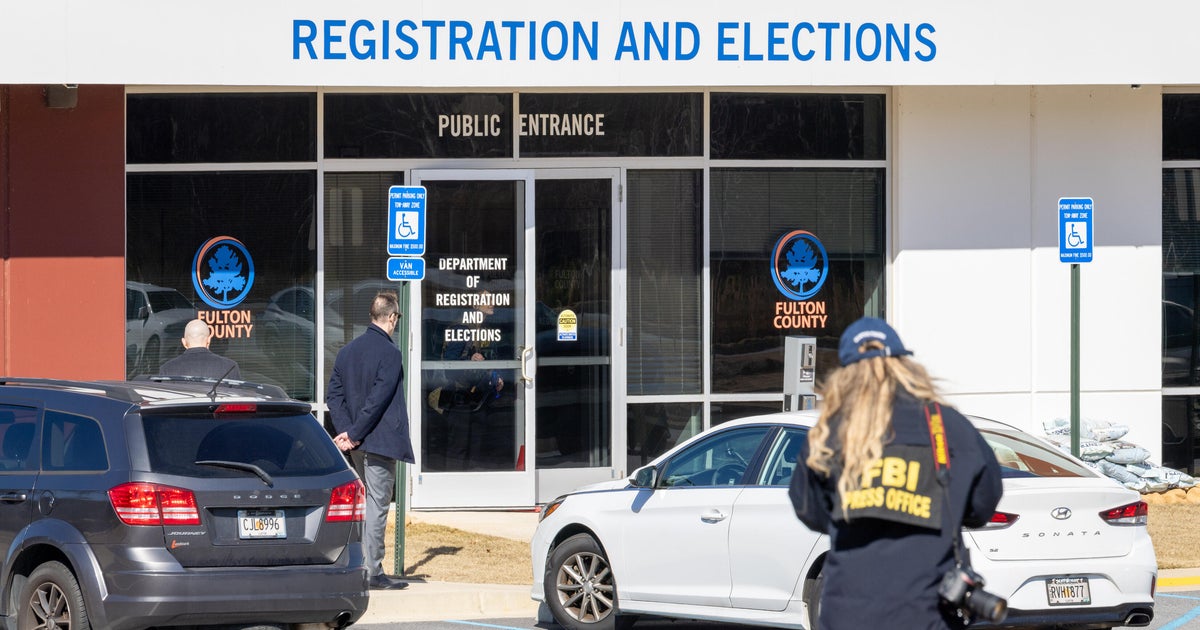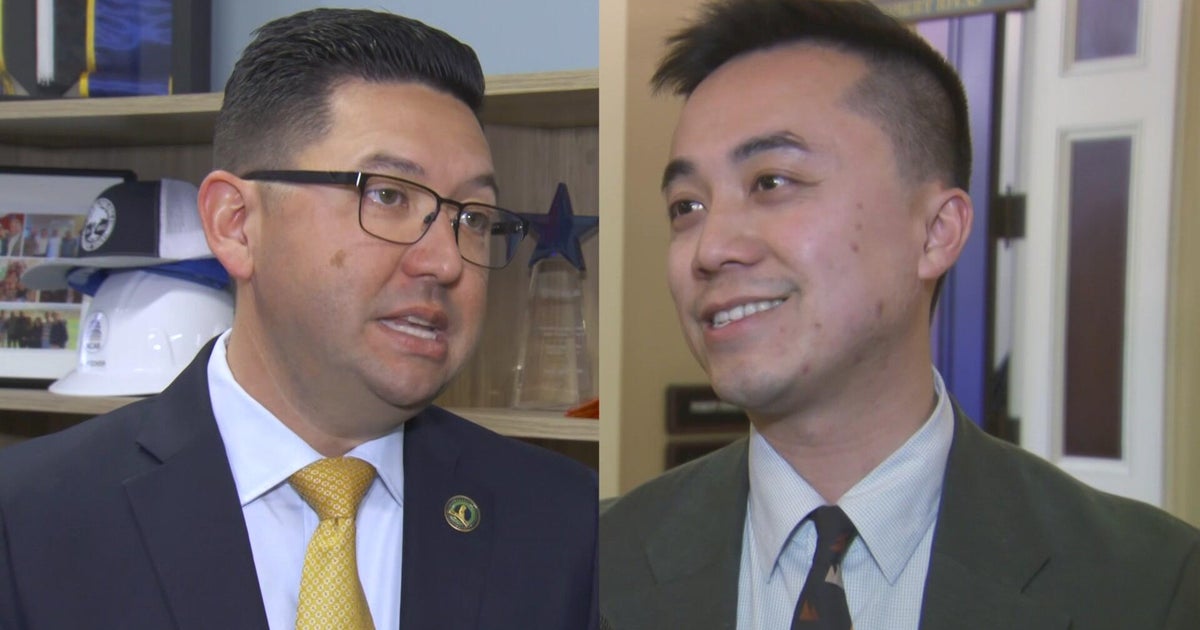Local congressmen split on party lines over Respect for Marriage Act
PITTSBURGH (KDKA) — With bipartisan support, the U.S. House of Representatives approved the Respect for Marriage Act to protect same-sex and interracial marriage.
As political editor Jon Delano reports, it's an issue that divided local members of Congress along party lines.
When five Republican-appointed Supreme Court justices overturned a woman's right to choose an abortion, saying it should be a state decision, it seemed to undermine the constitutional basis for other privacy rights like contraception, interracial marriage and same-sex marriage.
"We found out that even though justices when applying for the job said they were not going to do certain things, when they get there and have a lifetime appointment, sometimes that changes," says U.S. Rep. Mike Doyle, a Forest Hills Democrat.
Worried the Supreme Court could take away other rights, Democrat Doyle joined fellow Democrat Conor Lamb as the only two local lawmakers to support the Respect for Marriage Act, which would create a federal right to same-sex marriage and interracial marriage.
"It provides a federal blanket. No state can declare someone's marriage invalid," says Doyle.
But all four western Pennsylvania Republicans voted against the bill, including U.S. Reps. John Joyce, Guy Reschenthaler, Glenn Thompson and Mike Kelly.
Kelly defended his vote in a statement saying, "Same sex marriage is already the law of the land ... and the Democrats are forcing votes on bills to deflect from their failed economic and energy policies."
Dan Pastore, Kelly's Democratic challenger, called Kelly's vote against the Respect for Marriage Act just plain wrong.
"I'm not surprised by the congressman's vote. It is clearly against the interests of the people of his district. It's against the will of the vast majority of people in our country. But it's not surprising given the radical positions he's taken on other important issues," says Pastore.
In the hotly contested race to succeed Lamb in the suburban 17th District of Allegheny and Beaver counties, Democrat Chris Deluzio says he strongly supports the Respect for Marriage Act.
But in a break from local Republican lawmakers, Republican Jeremy Shaffer says he would have joined the 47 Republicans in the House who voted for the bill.
Notes Doyle, "I don't think this is really a partisan measure. It's whether or not you believe you should marry the person you love, and that's not a Democratic or Republican thought."
The measure now goes to the Senate where its future is uncertain, though House supporters like Doyle think that might pass the Senate.
"Most of us think someone should be able to marry the person they love. Forty-seven Republicans agreed with us on that, and I'm sure they're Republicans in the Senate that feel the same way. So, I feel it has a decent shot," says Doyle.
Even if all 50 Democratic senators vote for the measure, it still needs 10 Republicans to escape the filibuster.
In a tweet Wednesday afternoon, U.S. Sen. Bob Casey, a Democrat, said he was a "yes" vote for the House bill. Republican U.S. Sen. Pat Toomey is open on the issue, having not yet taken a position for or against the bill.
In the race to succeed Toomey between Democrat John Fetterman and Republican Mehmet Oz, a short time after the House vote on Tuesday, Fetterman took to Twitter and declared he would not only support the House bill but he would also vote to scrap the filibuster rule so the bill could get to the president's desk.
As for the Republican candidate, in a statement from the Oz campaign issued late Wednesday, a spokesperson said Oz supports the House-approved bill, adding, "Dr. Mehmet Oz believes that same sex couples should have the same freedom to get married as straight couples."
It's not clear when Senate Majority Leader Chuck Schumer will schedule a vote on this bill. It may be after the August recess.
It is a sign of the great distrust of the Republican-appointed Supreme Court majority who, after overturning abortion rights, many lawmakers fear could do the same on contraception, interracial marriage, and same-sex marriage.







